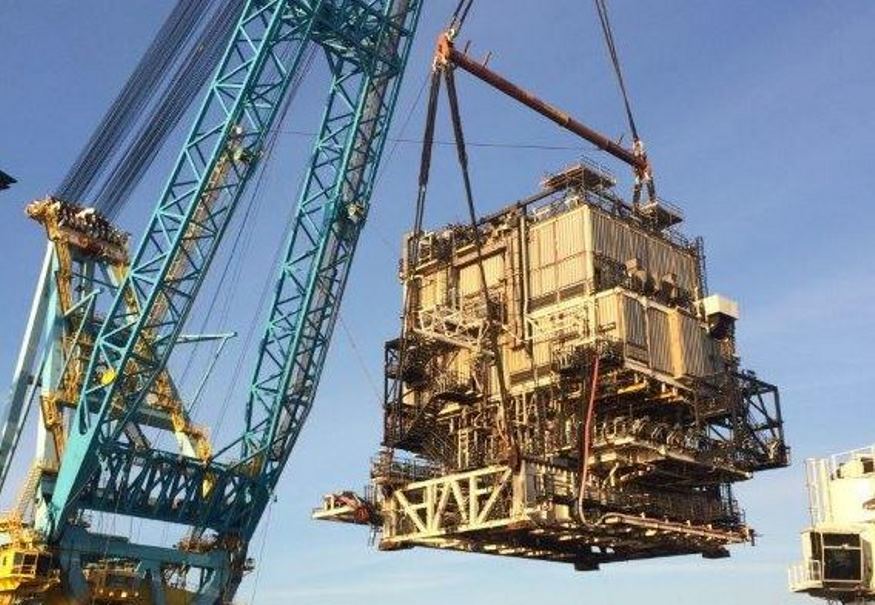
As we stressed in our evidence to the Select Committee, in continuing to support the removal of offshore oil and gas installations at end of life, Greenpeace is in line with the approach to decommissioning that was only months ago reaffirmed by all 15 countries that are party to the OSPAR Convention, including the UK.
It is also the approach that continues to receive the support of the offshore industry in the form of the International Association of Oil and Gas Producers (IOGP). Ours is therefore hardly a minority or radical view.
READ: OPINION: Cutting decommissioning costs. What’s not to like?
Decommissioning is a matter of companies and governments taking full lifecycle responsibility for offshore structures and the wastes associated with them.
All decommissioning decisions have environmental implications, including leaving parts of installations in place, but removal to shore retains greater control of those long-term risks and liabilities, as well as contributing far better to the circular economy that we should surely all be advocating.
Furthermore, greenhouse gas emissions during decommissioning cannot be viewed in isolation from those far greater accumulated emissions that have arisen from the decades of fossil fuel exploitation that these installations have enabled.
We agree that the costs should not be borne by the taxpayer, but this perverse situation arises from tax deals made decades ago between the oil industry and UK government in order to further boost investment in fossil fuel extraction in less enlightened times.
That issue should be resolved by far greater contributions from the profits of the industry and not by abandoning principles of responsible waste management and protection of our seas.
Dr David Santillo, of Exeter University, has 25 years of experience in environmental forensics analysis and the development of policies for environmental protection, as well as representation of Greenpeace at various international treaties and conventions relating to protection of the marine environment.
Recommended for you
